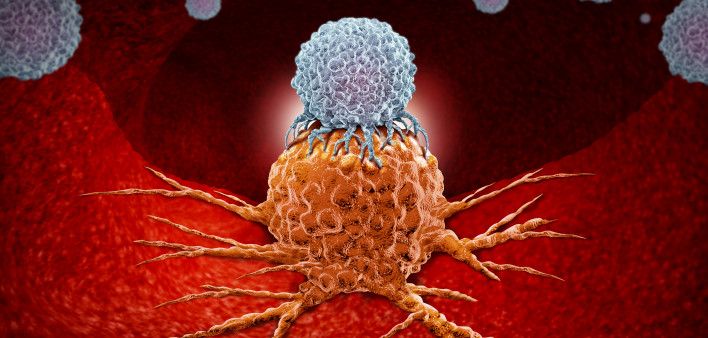Hung Trinh, Director of Process Development and MFG Science and Technology at Vyriad, posted on LinkedIn:
“A Novel Way to Prevent Relapse After CAR-T Therapy to Treat Cancer Dana-Farber Cancer Institute cancer researchers created a CAR-Enhancer treatment that eradicated all tumor cells and boosted CAR-T cells’ memory.
Even as they have revolutionized the treatment of certain forms of cancer, CAR T-cell therapies have been shadowed by a significant limitation: many patients, including those whose cancer goes into full remission, eventually relapse. In a new study, Dana-Farber Cancer Institute researchers report on a technique with the potential to eliminate that problem.
The approach, described in a paper published online [July 30] in the journal Nature Biotechnology, works by spurring CAR T cells to be more active and persist longer in the body, enabling them to remain in battle mode until all tumor cells are eliminated. The technique creates what researchers dub a CAR-Enhancer (CAR-E) therapeutic platform and causes CAR T cells to form a memory of the cancer cell, so they can spring back into action if the cancer recurs.
In experiments in patient-derived laboratory cancer cell lines and other studies, CAR-Enhancer treatment succeeded in eradicating all tumor cells, clearing the way for clinical trials of this approach in human patients. Researchers hope to launch the first trial in the near future.
‘CAR T-cell therapies have been a breakthrough treatment for B-cell hematologic cancers such as B-cell leukemias and lymphomas and multiple myeloma,’ says the study’s senior author, Mohammad Rashidian, PhD, of Dana-Farber. ‘In myeloma, for example, virtually 100 percent of patients have an excellent response to CAR T-cell therapies initially, but almost all relapse, half of them within one to two years of treatment. Relapse coincides with the disappearance of CAR T-cells in the bloodstream.”
Read further.
Source: Hung Trinh/LinkedIn


